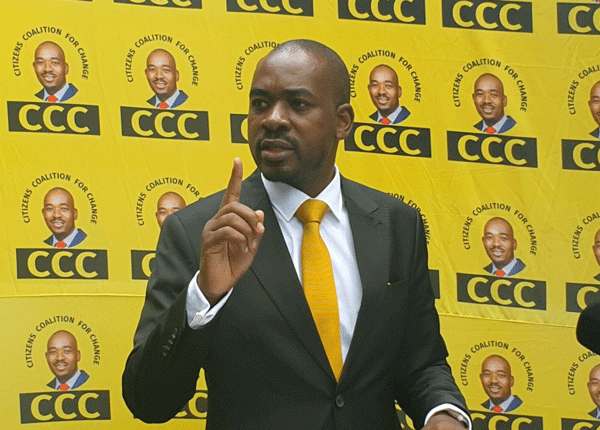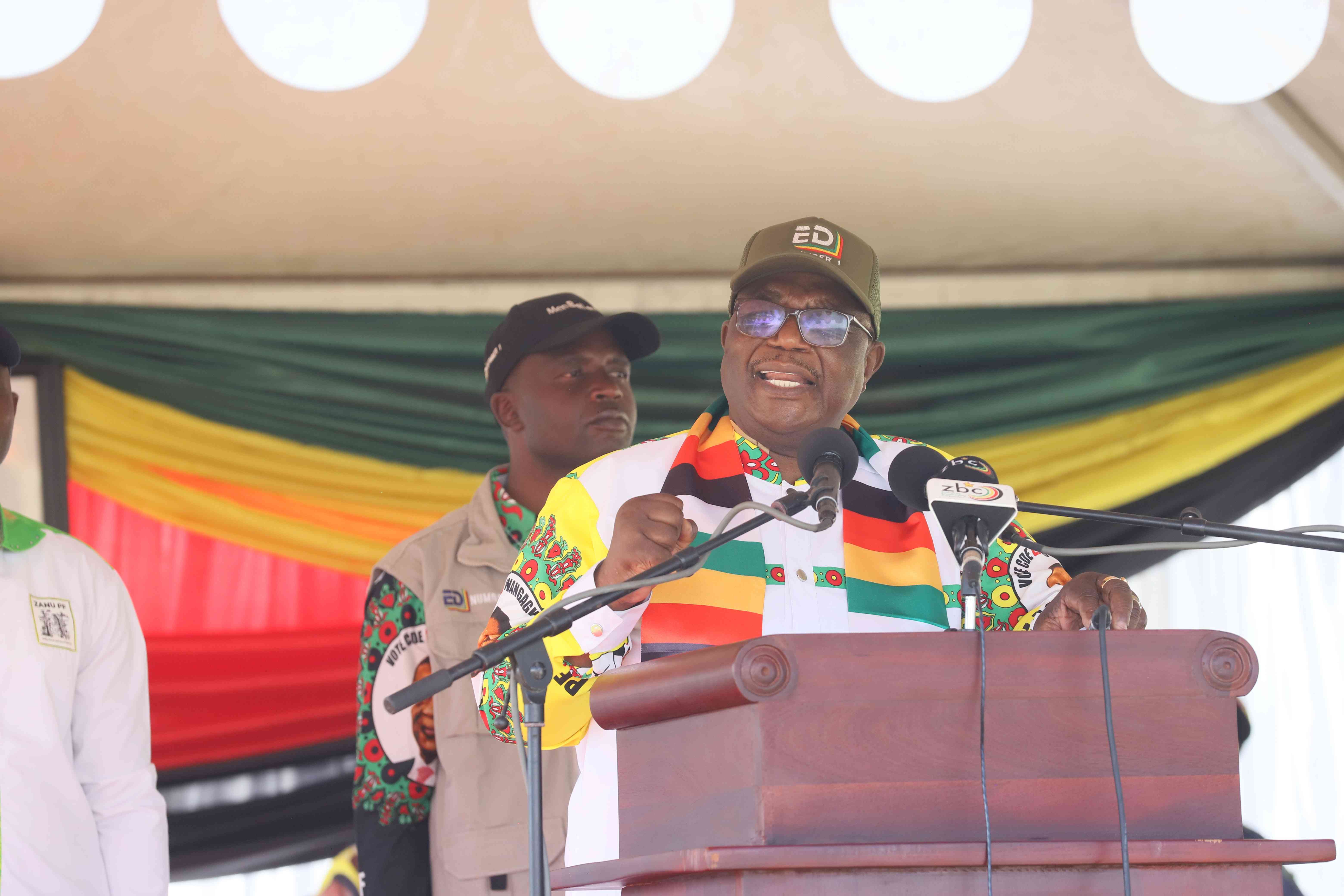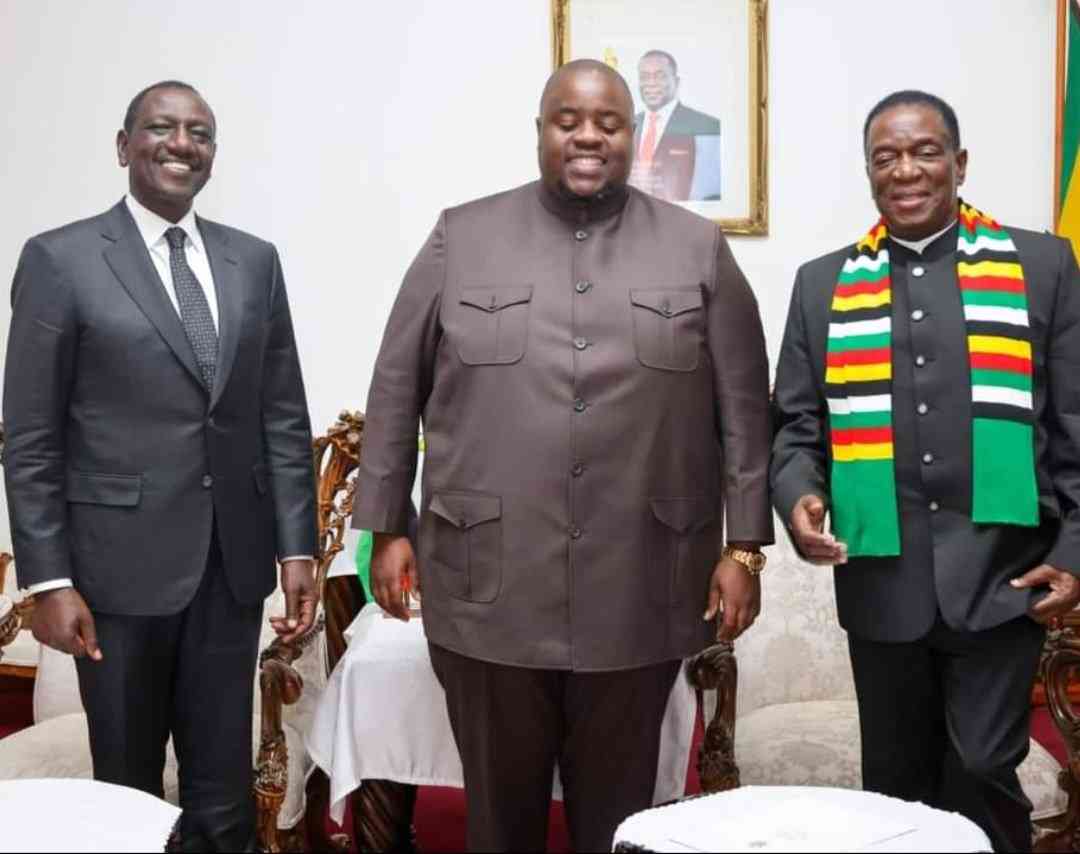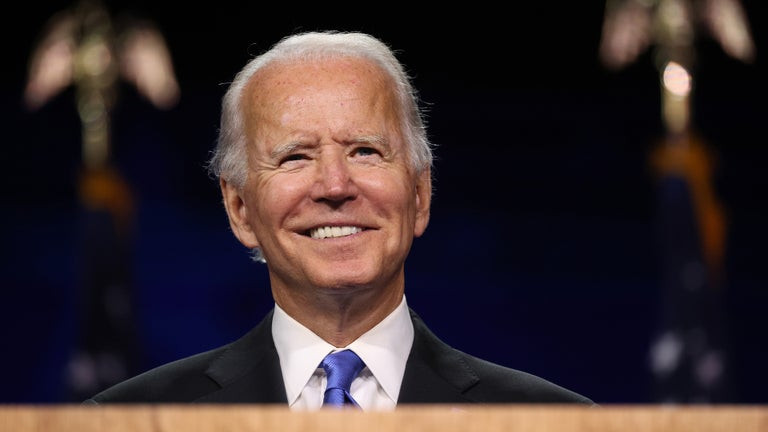
In most southern African countries political parties become entrenched once they win state power and they pull all stops to maintain the status quo.
Such parties appear to be a “restoration” of the one-party state system and military governments that dominated Africa in the first years of liberation.
Political parties may be wary of losing power to rival parties, particularly if they have concerns about the opposing party's policies or ideologies.
They may perceive their own party as a more suitable or responsible choice for governance and feel compelled to retain power to prevent what they consider undesirable alternatives.
It is important to note that these factors can vary greatly depending on the specific context and circumstances of each party and political system.
In Zimbabwe we have Zanu PF, which enjoys a symbiotic relationship with the military.
When factional wars reached boiling point in 2017 and the ruling party was facing the real prospect of losing power in elections the following year, the men in uniform stepped in using the so-called Operation Restore Legacy.
In neighbouring Botswana there is the Botswana Democratic Party, which has ruled the country since it got its independence in 1966.
- Zanu PF ready for congress
- Zec to address nomination fees outcry
- Opposition should capitalize on Zanu PF's glaring insecurities
- Candid Comment: Political violence sticks out like a sore thumb
Keep Reading
One of the reasons why opposition parties in the region are failing to dislodge these dynasties from power is that they make the mistake of focusing solely on their leaders and ignoring the institutions that are larger than the individuals.
Zimbabwe offers good lessons on the pitfalls of such a narrow approach to politics.
Thousands of Zimbabweans marched through the capital city in November 2017 demanding the resignation of the late former president Robert Gabriel Mugabe, following a dramatic military takeover days earlier.
At that moment, Mugabe was the enemy that most Zimbabweans wanted to get rid of, not the ruling Zanu PF party.
Even opposition leaders joined hands with one of the Zanu PF factions in urging Mugabe to resign immediately in order to avert impeachment.
The unity of purpose blinkered some Zimbabweans to the extent that they forgot Zanu PF was an institution and not individuals, in that case Mugabe.
Many Zimbabweans appeared to prefer then vice-president Emmerson Mnangagwa as Mugabe’s successor, as did the military commanders who detained the 95-year-old ruler at the time.
Fast forward, we now have “ED Must Go” trending hashtags as we come closer to August 23 presidential elections.
Mnangagwa can go, but Zanu PF as an institution will remain to continue with its policies that are blamed for the ordinary people’s suffering.
It can be accepted that someone would succeed Mnangagwa from within the same institution.
Mnangagwa is losing important allies who sanitised the military coup, and he, like Mugabe, can be deposed while Zanu PF remains powerful.
For this reason, the main opposition Citizens Coalition for Change led by Nelson Chamisa needs to rethink its strategies if it entertains hopes of defeating Zanu PF as an institution and stop focusing on individuals.
Chamisa believes he will win the presidential elections.
Chamisa lost the 2018 general elections to Mnangagwa in what he called a “stolen vote”.
Zanu PF has been in power since independence and it has had just two presidents.
Mugabe led the party for many years, first as prime minister with Zan PF and then as president when he got executive powers.
During that period many made the mistake of focusing on Mugabe as an individual and ignoring institutions such as the military, who kept him in power even after he lost popular support.
Dealing with individuals might cost Chamisa in the coming harmonised 2023 election.
The focus should instead be directed at removing the Zanu PF party and not Mnangagwa because it will not have much impact as compared to finding new strategies to deal with the institution as a whole.
The original Movement for Democratic Change, which was Zimbabwe’s most prominent opposition group in recent times, went through a succession of splits and reorganisation.
Unlike the opposition, the ruling Zanu PF has remained stable, despite the departure of some key members immediately before the “new dispensation” in 2017.
For a long time, the opposition has been elitist vehicles for either mainly urban or completely rural interests, instead of focusing on the bigger picture. These strained ties between parties and voters may help explain why voter turnout has fallen.
*Evans Mathanda is a journalist and development practitioner who writes in his own personal capacity. For feedback email: [email protected] or call 0719770038 and Twitter @EvansMathanda19











